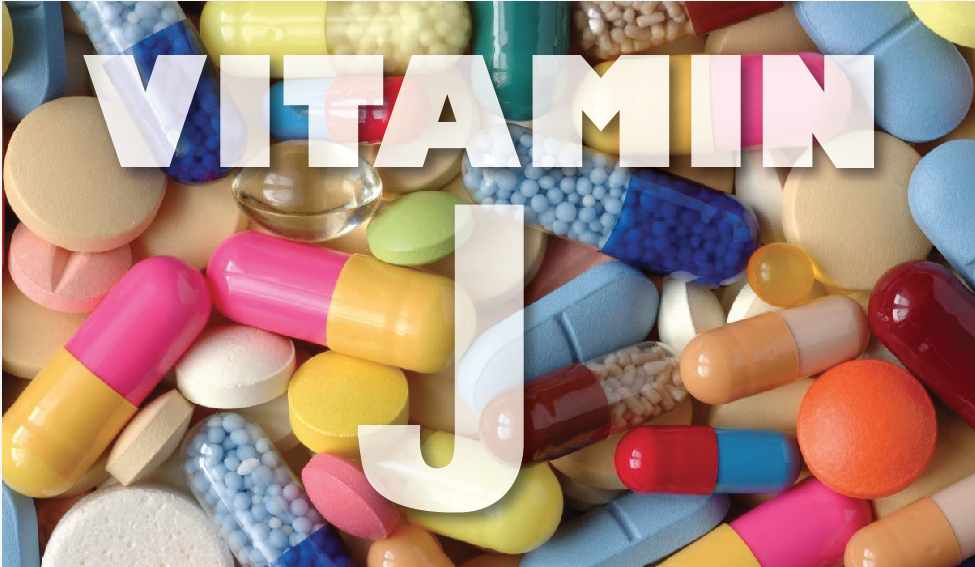Vitamin J: What It Is and Why It's Important

What is Vitamin J?
Vitamin J, also known as inositol, is a type of B vitamin that is essential for the proper functioning of our body. Although it is not technically a vitamin, it is still referred to as Vitamin J because it has similar properties to other vitamins. It is found in various foods, including fruits, vegetables, and grains.
The Importance of Vitamin J
Vitamin J plays a critical role in the proper functioning of our body. It helps regulate our nervous system, aids in the breakdown of fats, and helps maintain healthy hair, skin, and eyes. Additionally, it is believed to have a positive impact on mental health and can help reduce symptoms of anxiety and depression.
Benefits of Vitamin J
Some of the benefits of Vitamin J include:
- Reduced anxiety and depression symptoms
- Improved nerve function
- Healthy hair, skin, and eyes
- Improved breakdown of fats
Food Sources of Vitamin J
Vitamin J can be found in a variety of foods, including:
- Citrus fruits
- Beans
- Nuts
- Whole grains
- Leafy green vegetables
How Much Vitamin J Do You Need?
The recommended daily intake of Vitamin J varies based on age, gender, and other factors. However, most adults require around 500 mg of Vitamin J per day. It is essential to speak with a healthcare professional to determine the appropriate amount for your body.
Advantages and Disadvantages Vitamin J
Pros of Vitamin J:
- Maintain nerve health
- Helps the process of breaking down fat
- Maintain healthy hair, skin and eyes
- Reducing symptoms of anxiety and depression
Deficiency of Vitamin J:
- Increases the risk of developing diabetes
- Increases the risk of heart disease
- Increases the risk of cancer
FAQs
1. What are the symptoms of a Vitamin J deficiency?
A lack of Vitamin J in the body can cause symptoms such as anxiety, depression, and hair loss.
2. Can you get enough Vitamin J from your diet alone?
Yes, it is possible to get enough Vitamin J from a healthy diet that includes foods like citrus fruits, beans, and leafy green vegetables.
3. Is it safe to take a Vitamin J supplement?
While Vitamin J supplements are generally considered safe, it is essential to speak with a healthcare professional before taking any supplements.
4. Can taking too much Vitamin J be harmful?
While it is unlikely to overdose on Vitamin J, taking too much can cause side effects such as nausea, diarrhea, and stomach cramps.
